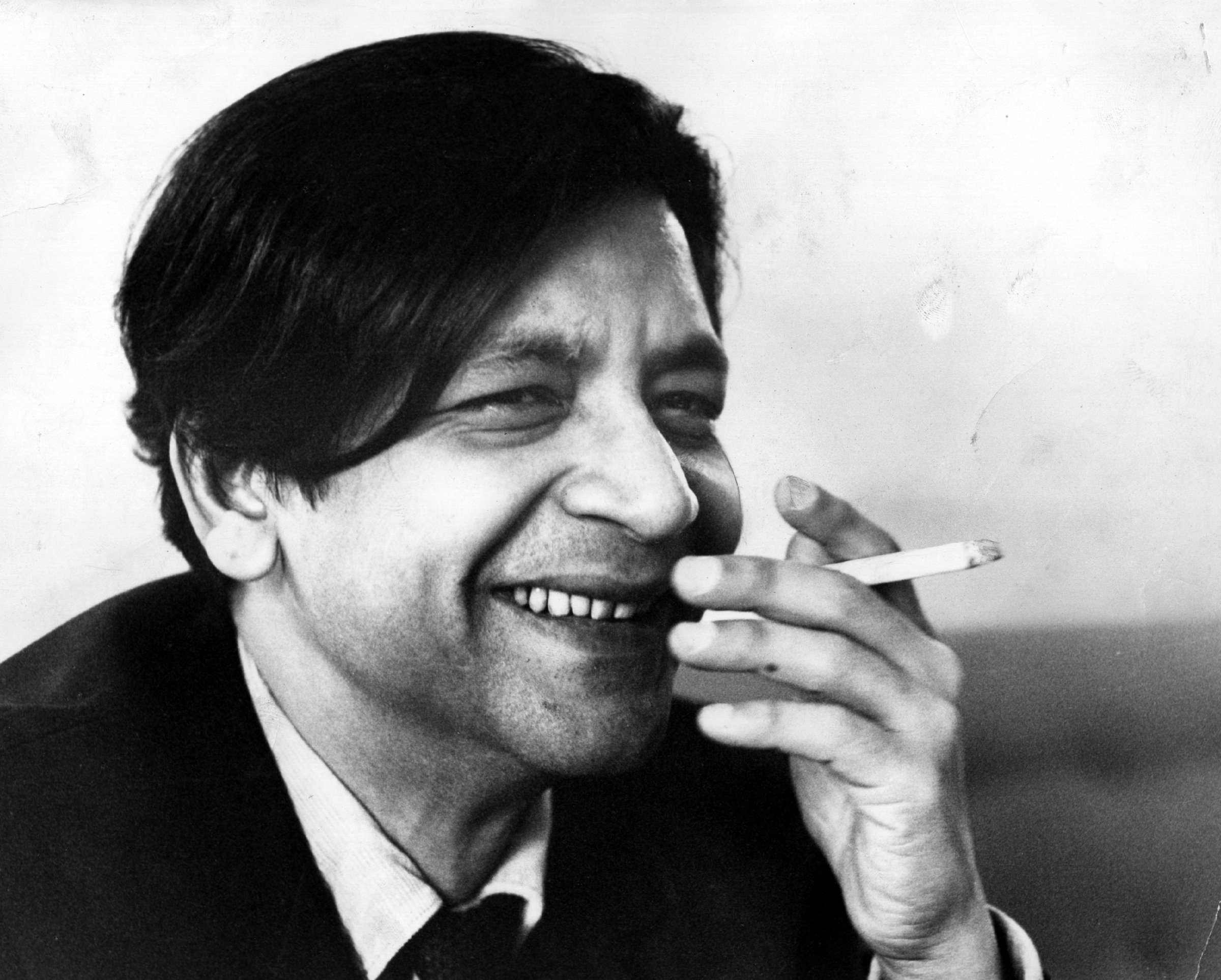
It’s not easy for a single writer to establish a reputation and legacy in the field of postcolonial literature. Its landscapes are inherently varied, spread around the globe wherever writers have grappled with colonial legacies of migration and displacement. But the late V. S. Naipaul resoundingly succeeded in reshaping the entire terrain in relation to his work.
For many diasporic readers around the world, not only those of South Asian background, reading Naipaul has been fundamental to the process of working out a relationship to roots and to routes, to where we stand and how we got here. His tragicomic masterpiece A House for Mr Biswas uses a tender yet mordant humor to reflect the condition of being “unhoused” by cultural tradition or memory, growing up far distant from the country in which your parents were born.
Throughout his career Naipaul courted controversy, in what he said of the Caribbean and its history, as well as of Islam and postcolonial Africa—the continent that stimulated some of his most evocative travel writing. But no matter how cantankerous he became, he never ceased to engage in a fearless—if always fraught conversation—about belonging, identity and the ongoing colonial past with other Caribbean writers, including his fellow Nobel laureate Derek Walcott.
The two works on which his reputation will firmly rest are that comic 1960s epic A House for Mr Biswas and the memoir-novel The Enigma of Arrival. This experimental 1980s work gives an unparalleled spiritual diagnosis of what it is to be a migrant or “arrivant” (to quote another great Caribbean writer, George Lamming). In it, Naipaul captures the deep chords of migrant experience—the initial journey powered by dreams, the ambition to arrive and stay that is constantly undercut by the longing to return home, and the discovery on return that home has irrevocably changed.
As a writer of fiction myself, Naipaul showed me how English landscape could be used to register what is both most familiar and most disconcertingly alien. He brilliantly exemplified that we are all changed by that subtle intersection of land and language, and that persistence rather than courage is often required to make the change. The novel in his hands became something malleable, adaptable, and personal, and a necessary mirror to our times.
As Naipaul acutely knew, the experience of intercontinental movement defined the 20th century—that great “shaking up of the world” of which he formed a part and to which his work gave memorable expression.
More Must-Reads from TIME
- Inside Elon Musk’s War on Washington
- Meet the 2025 Women of the Year
- The Harsh Truth About Disability Inclusion
- Why Do More Young Adults Have Cancer?
- Colman Domingo Leads With Radical Love
- How to Get Better at Doing Things Alone
- Cecily Strong on Goober the Clown
- Column: The Rise of America’s Broligarchy
Contact us at letters@time.com